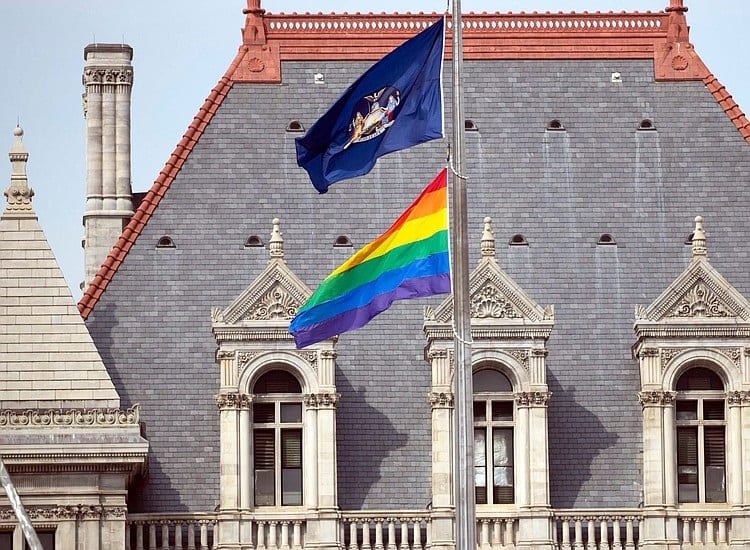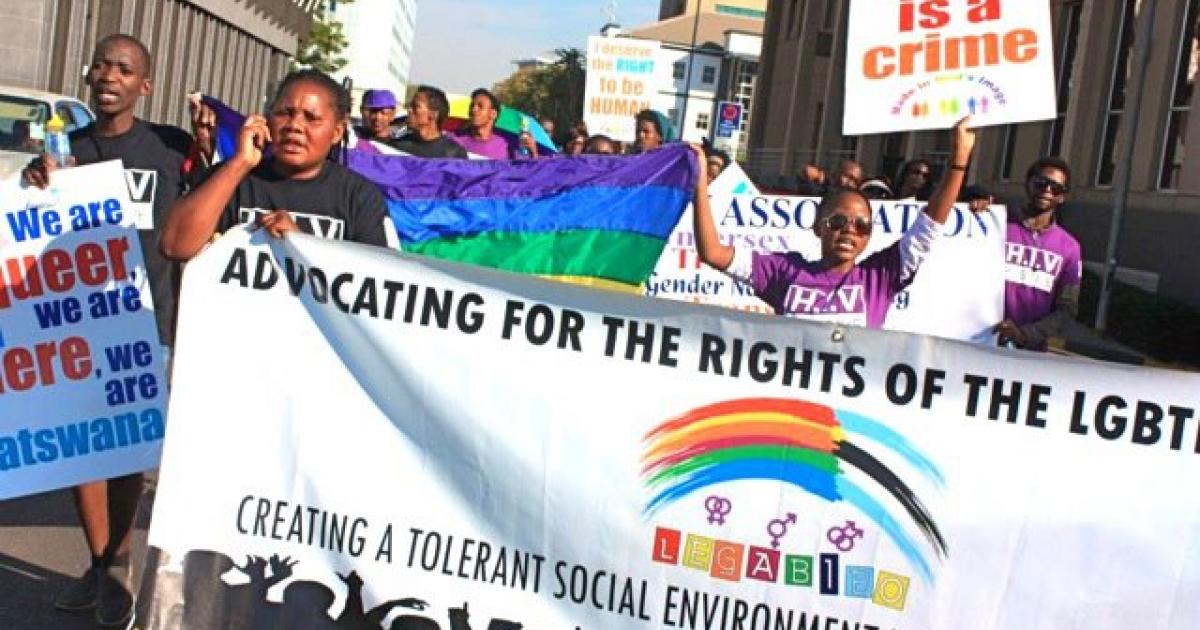Three weeks ago, human rights lawyer and activist Mounir Baatour announced his historic candidacy for President of Tunisia. Baatour is the first openly LGBTQ presidential candidate in Tunisia, and the first openly LGBTQ presidential candidate in the Arab world.
Mounir Baatour is the president of Tunisia’s first LGBTQ rights group, Shams, and is the president of Tunisia’s Liberal Party. As an openly gay activist, Baatour is very familiar with the Tunisian state’s hostility towards the LGBTQ community. He went to court to fight a government order that suspended Sham’s operations. Baatour won the court case, allowing Shams to continue defending Tunisian men arrested for alleged homosexual activity. Mounir Baatour himself went to prison for homosexual activity in 2013.
Mounir Baatour pledged to repeal anti-LGBTQ laws while currently on the books. Baatour promised to abolish Article 230 of the penal code, which criminalizes homosexuality. Baatour told the Victory Institute, “After years of fighting for minority rights and the rights of the LGBTQ community, I realized that there has not been progress, so I decided to run for change. Because I am in the best position to do it.”
LGBTQ rights is not Mr. Baatour’s only concern as a presidential candidate. He has a robust campaign platform. Baatour said about his campaign, “My electoral campaign strategy will present a comprehensive electoral program that speaks about the economy, society, culture, education, health, the environment and individual freedoms.” He plans to run a heavy digital campaign, since 80 percent of Tunisians use the internet. He also plans to travel throughout Tunisia and meet with voters.
Most of the Tunisian populace sees homosexuality as at odds with Islamic culture and traditions. Consequently, most Tunisian citizens oppose LGBTQ rights. According to public opinion polls, 62 percent of Tunisians oppose same-sex marriage. This makes Mounir Baatour’s dauntless decision to run for president even more admirable. After Victory Institute asked about any safety concerns he had, Baatour said, “I am partially safe, but threats I receive on social media can put my security at risk.”
Tunisia’s newfound democracy helps to make Baatour’s presidential run possible. This election will be the second free and fair presidential election since the country gained independence in 1956. In January 2011, the Tunisian people ousted longtime President Zine El Abidine Ben Ali, leading to the establishment of the Arab world’s only fully democratic sovereign state. On running for office in the Arab world, Baatour says, “Currently, it is impossible for gay candidates to run for office in other Arab countries, at least not openly gay candidates.” Free and fair elections introduce opportunities for diversity in government. Nevertheless, Tunisia has not made much progress on LGBTQ rights since its democratic revolution.
Despite the Tunisian public’s conservatism, the government has attempted to pass progressive reforms. In 1956, President Habib Bourguiba outlawed polygamy and legalized abortion in a political environment far more conservative than today. No politician has had the political will to advance LGBTQ rights. Mounir Baatour’s candidacy will spark a necessary debate over the country’s anti-LGBTQ policies.
Baatour’s presidential campaign is already raising awareness about the criminalization of homosexuality in his country. LGBTQ populations throughout North Africa and the Middle East regularly face state-sponsored violence and criminalization. Tunisia is a young democracy that has the potential to expand civil liberties for LGBTQ people throughout the Arab region. Baatour’s candidacy shows that running for office can be an effective way to fight for LGBTQ liberation. This is why the LGBTQ Victory Institute works to increase the number of LGBTQ people in public office.

